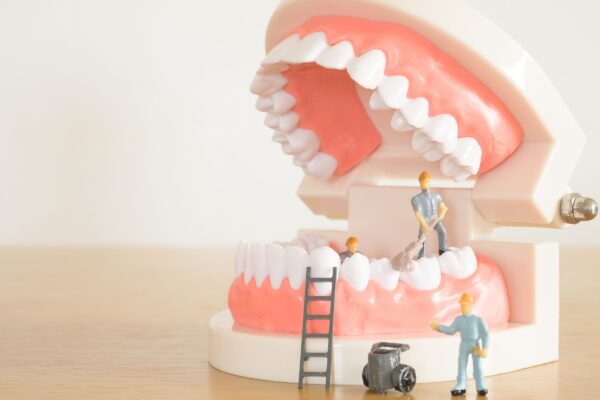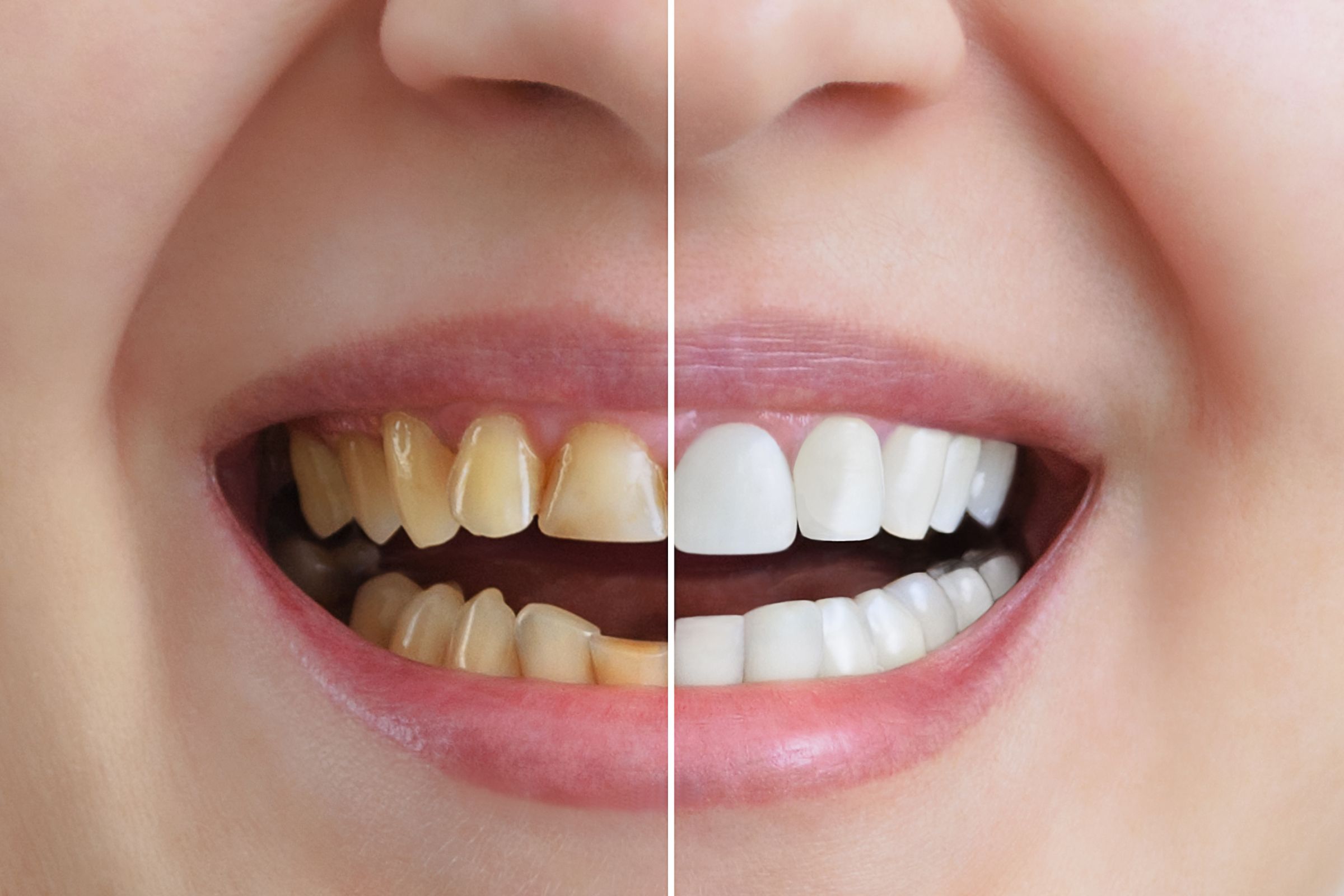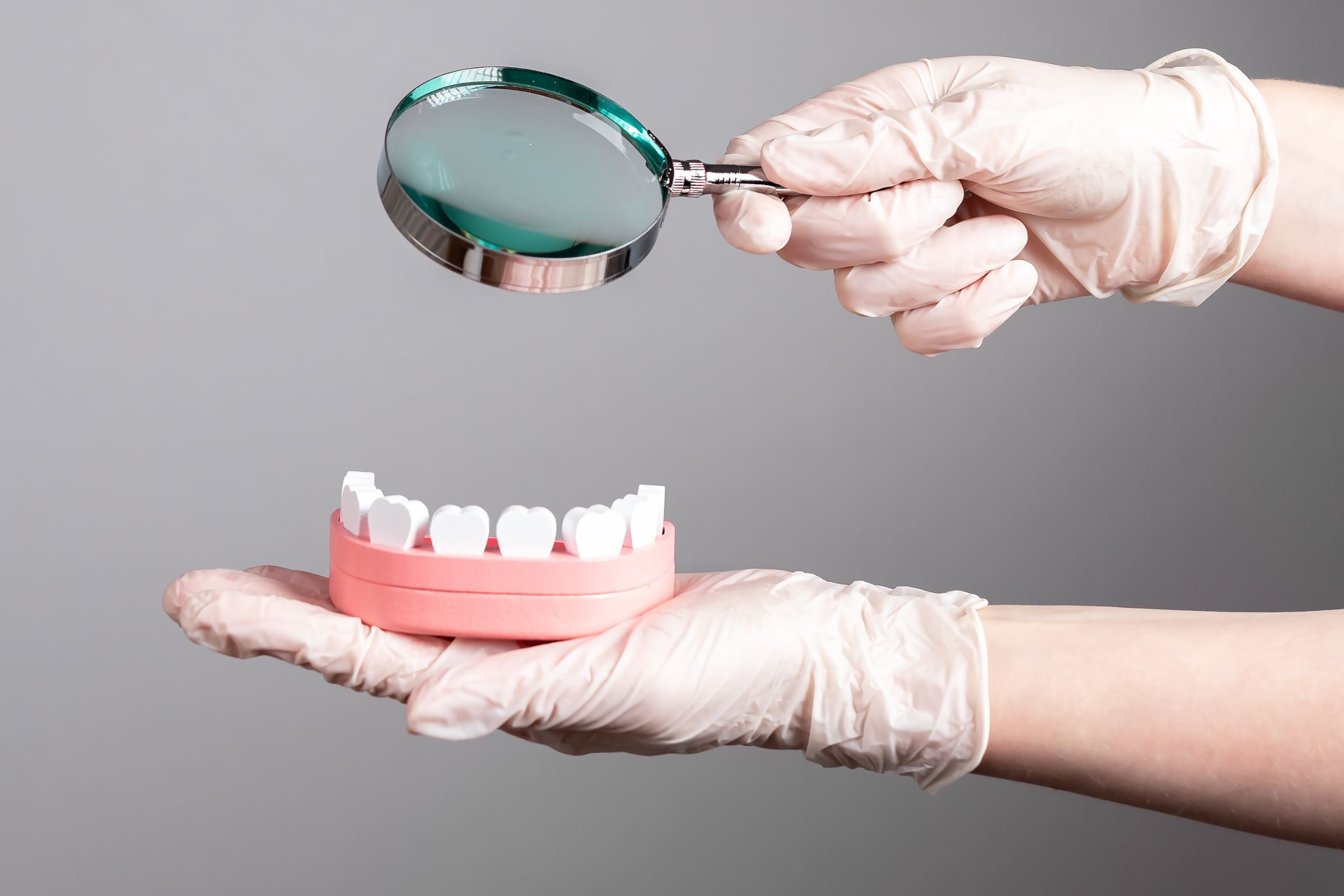When considering teeth whitening, it is important to understand the potential benefits and drawbacks. One…

How to Clean Your Dentures
Maintaining Your Dentures
Dentures are a common and necessary dental appliance for many individuals, providing a means to eat, speak, and smile with confidence. To ensure the longevity and effectiveness of your dentures, it is crucial to properly maintain them. From cleaning and daily care to regular visits to your dentist, proper maintenance will not only keep your dentures in good condition but also contribute to your overall oral health.
Rinsing
Rinsing your dentures each night before soaking is essential for maintaining their cleanliness and preserving your oral health. Rinsing your dentures helps to remove any food particles, plaque, and bacteria that may have accumulated throughout the day. This simple practice ensures that your dentures are free from debris before soaking them in a cleansing solution, which can effectively remove any residual bacteria and further maintain their cleanliness.
When it comes to partials, it’s important to rinse them before putting them back in your mouth after soaking. Additionally, rinsing your partials after eating is crucial to remove any food particles and bacteria that may have accumulated while eating. This practice not only keeps your partials clean but also prevents the buildup of bacteria that can lead to oral health issues.
The benefits of rinsing your dentures and partials are numerous. Not only does it prevent bacteria buildup and keep your breath fresh, but it also helps to maintain the overall cleanliness of your oral prosthetics. By incorporating rinsing into your daily denture care routine, you can ensure the longevity of your dentures and maintain good oral health.
Brushing
Brushing dentures is an important part of maintaining good oral hygiene and ensuring the longevity of the dentures. When brushing dentures, it is crucial to use a soft-bristled toothbrush to avoid damaging the delicate surface of the dentures. Applying a gentle touch is also important to prevent any scratches or wearing down of the denture material.
In addition to using a soft-bristled toothbrush, it is recommended to use a mild soap or denture cleaning solution to effectively clean the entire surface of the dentures, including any attachments or clasps. To properly clean the dentures, it is important to gently brush all areas of the dentures, including the inside and outside surfaces, as well as any attachments or clasps. This will help remove any food particles, plaque, or bacteria that may have accumulated on the dentures.
Soaking in Denture Cleaning Solution
It is recommended to properly soak your dentures in a cleaning solution on a daily basis. Use a denture cleaning solution specifically formulated for dentures, such as Effervescent Denture Cleanser or Polident. After thoroughly rinsing your dentures under running water to remove any loose debris, fill a clean container with enough solution to completely submerge the dentures. Place the dentures in the solution and allow them to soak for at least 15-20 minutes, or as directed on the product label. After soaking, remove the dentures and rinse them again thoroughly under running water to remove any solution residue.
Regular soaking is important to keep dentures hydrated and in good condition. Soaking helps to remove stubborn stains and bacteria, while also preventing the dentures from drying out and becoming brittle. By soaking dentures daily, you can maintain their appearance and functionality for a longer period of time.
Regular Dental Check-Ups
Regular dental check-ups for dentures are essential for maintaining oral health and overall well-being. Cleanliness is crucial for denture wearers, as bacteria and plaque can build up on the dentures and lead to oral health issues such as gum disease and bad breath. Regular check-ups allow the dentist to professionally clean the dentures and ensure that they are free from any build-up.
Moreover, regular check-ups also ensure that the dentures fit properly. Ill-fitting dentures can cause discomfort, slippage, and even mouth ulcers. By visiting a dentist regularly, any potential issues with the fit of the dentures can be identified and addressed promptly.
Visiting a dentist for expert advice on managing dentures is also beneficial for ensuring their quality and longevity. A dental expert can provide valuable guidance on proper denture care, including cleaning techniques and the use of appropriate dental products. Additionally, dentists can detect any signs of wear and tear on the dentures, helping to prolong their lifespan.
How Often to Clean Your Dentures
It is crucial to clean dentures daily to maintain good oral hygiene and prevent potential health problems. Without regular cleaning, bacteria and fungi can build up on dentures, leading to infections and oral issues.
Neglecting to clean dentures regularly can result in bacterial and fungal infections, bad breath, and oral health problems. By following a consistent cleaning routine, denture wearers can ensure the longevity of their dental appliances and maintain their overall oral health. Remember, a clean smile is a healthy smile.
What to Avoid When Cleaning Dentures
When cleaning dentures, it is important to avoid using regular toothpaste as it can be too abrasive and damage the dentures. Soaking dentures in bleach is also a big no-no, as it can weaken the structure of the dentures and cause them to become brittle. Additionally, attempting to remove stains with nail files or other sharp objects is not recommended, as it can cause permanent damage to the dentures.
For patients with implant-supported dentures, there are additional cleaning responsibilities. It is important to remove the dentures every night and clean the implants with a recommended toothbrush and toothpaste specifically designed for dental implants. This helps to ensure proper oral hygiene and maintain the health of the implants.


